UAE has become smuggling hub for dirty gold under US protection: Report
A new report says the United Arab Emirates (UAE) has in recent years tuned into a hub for dirty gold trade, with lax regulatory oversight allowing the smuggling of the precious metal from conflict zones to the Persian Gulf country.
The Middle East Eye (MEE) news portal reported on Saturday that the UAE, particularly Dubai, has established itself as one the largest and fastest-growing marketplaces for gold while it has no local gold to tap.
The UAE’s gold imports rose by 58 percent per annum to over $27 billion in 2018, according to data collated by the Observatory for Economic Complexity.
Gold is also the UAE's largest export after oil, reaching $17.7 billion in 2019. It has further become Dubai's highest value external trade item.
The Sentry - an investigative and policy team that follows the dirty money connected to African war criminals and transnational war profiteers - found last month that 95 percent of gold officially exported from Central and East Africa, much of it mined in Sudan, South Sudan, the Central African Republic and the Democratic Republic of Congo, ends up in Dubai.
"Much of the conflict gold is smuggled to neighboring countries and then exported to Dubai," said Sasha Lezhnev, deputy director of policy at The Sentry.
"It is kind of the new blood diamonds, if you will, due in part to the rise in gold prices. There are gold rushes in many artisanal areas, so more child miners, more criminal groups and more corruption. Gold is so small and valuable it's easy to smuggle.”
Lezhnev also noted, "It is attractive as there is not much due diligence when buying gold, and policy and enforcement loopholes allow for the country to be a magnet for this kind of smuggled gold.”
David Soud, head of research and analysis, for strategists I.R. Consilium, said, "Gold is also coming out of South America, and the hub is increasingly Dubai. Once gold goes into Dubai, it will be virtually impossible to ascertain where it came from and under what circumstances.”
Earlier this month, the UK's Home Office and Treasury in a report named the UAE as a jurisdiction vulnerable to money laundering by criminal networks because of the ease with which gold and cash could be moved through the country.
Switzerland, London complicit in gold smuggling
In addition to Dubai, the Switzerland is believed to be a gold player with dirt, and even blood, on its hands.
"It is not just Dubai, it's also Switzerland. The Swiss get large quantities of gold from Dubai," said Lakshmi Kumar, policy director, at Global Financial Integrity (GFI) in Washington.
"The Swiss say they are not getting gold from certain countries [connected to conflict gold], but instead from Dubai, yet the gold in Dubai is coming from these countries. Dubai is complicit, but Swiss hands are equally dirty as they can't cut Dubai from the market."
The London Bullion Markets Association (LBMA) has also faced criticisms for rubber-stamping gold coming out of its "good delivery list" of 70 refineries, which are not supposed to source gold without adequate due diligence.
Reports have linked Swiss refiner Valcambi, which is on the LBMA's "good" list, to gold sourced from the UAE-based refiner Kaloti Jewellery International.
Kaloti has been accused of importing smuggled and conflict gold, and of running a "ghost" gold mint in Suriname, South America, where no gold is refined but a fake purchasing certificate is provided.
"Kaloti is an old story, and comes up again and again. Valcambi has in a good year imported 300 tonnes from the UAE to Switzerland - only from Kaloti, nearly $30 billion in two years," said Mark Pieth, president of the board of the Basel Institute on Governance and author of Gold Laundering.
Back in 2012, EY auditor Amjad Rihan was sacked for revealing Kaloti’s handling of billions of dollars in cash transactions by importing gold coated with silver from Morocco.
A court in London awarded Rihan $10.8 million in damages this year, but the judgment is under appeal.
"Dubai is an environment where challenging the authorities is potentially risky, and a really difficult environment in which to expose wrong-doing, and for independent oversight," said Paul Dowling, a Leigh Day solicitor representing Rihan.
"It is an industry that requires urgent reform as there's so much potential for conflicts of interest, which has been borne out in all these issues being exposed now."
Separately, Kaloti was flagged by US banks for $9.3 billion in suspicious transactions between 2007 and 2015 in the US Treasury's FinCEN files leak, released by the International Consortium of Investigative Journalists (ICIJ).
Earlier this year, the ICIJ reported on a three-year investigation by the US Drug Enforcement Administration into Kaloti that was dropped due to political pressure to not upset US-UAE relations.
"A lot of countries get put on black or grey lists by the FATF (the Financial Action Task Force), but the UAE has just as much or more money laundering risks from its actions yet never gets listed," said Kumar.
"The US has a clear incentive to protect the UAE, as it is an important ally … in the region. With the recently negotiated peace treaty between the UAE and Israel, it is unlikely we'd ever see the UAE being blacklisted as it would run counter to US foreign policy priorities."
Iran’s political legitimacy comes from ballots and popular will, not foreign powers
VIDEO | Press TV's news headlines
VIDEO | The reckless US
Qalibaf: Recent unrest a 'complementary link' in 12-day war against Iran
Ex-Israeli war minister: Iranian missiles inflicted heavy losses
Trump launches 'Board of Peace' seen as bid to control Gaza
Senior general vows swift response to any aggression on Iran
US federal immigration agents detain 5-year-old boy in Minnesota


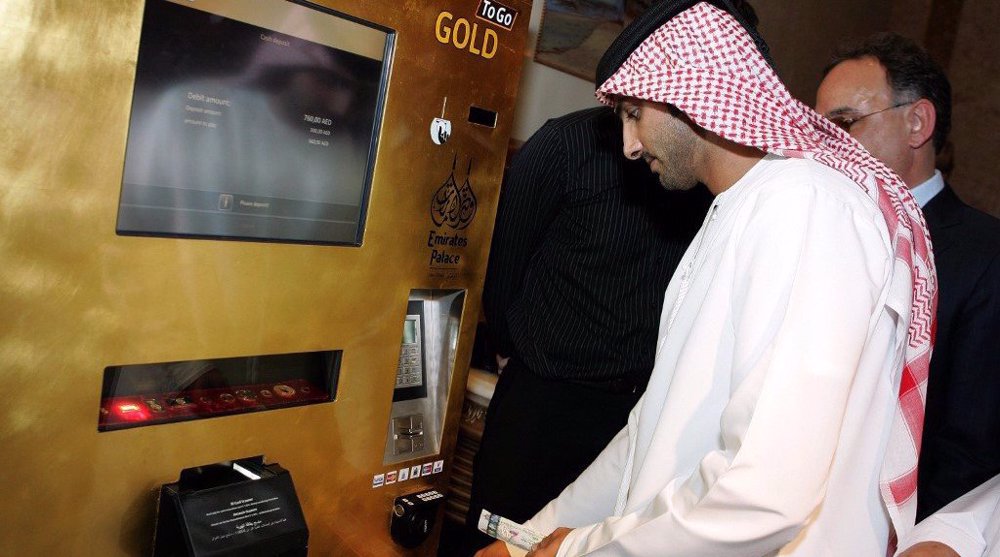

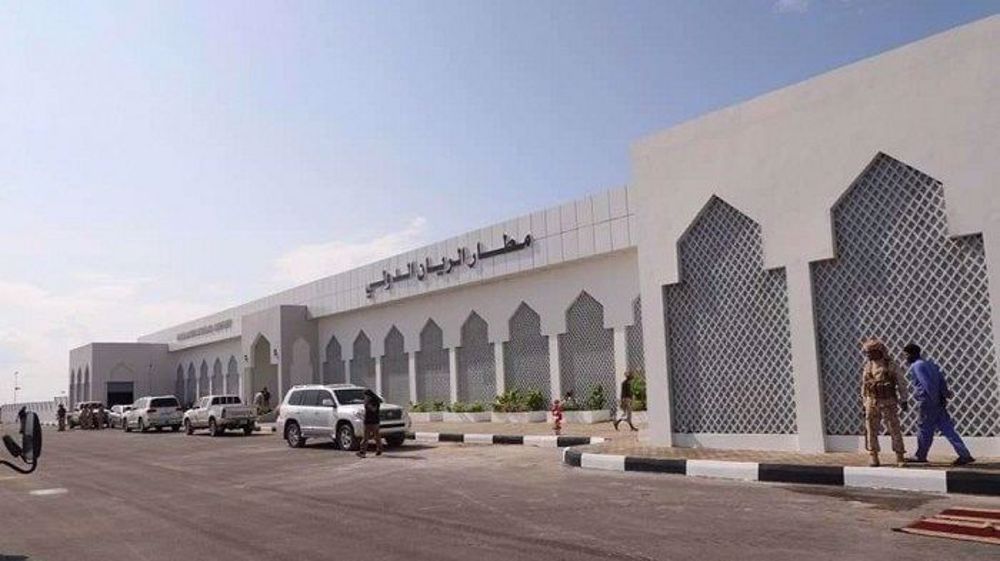
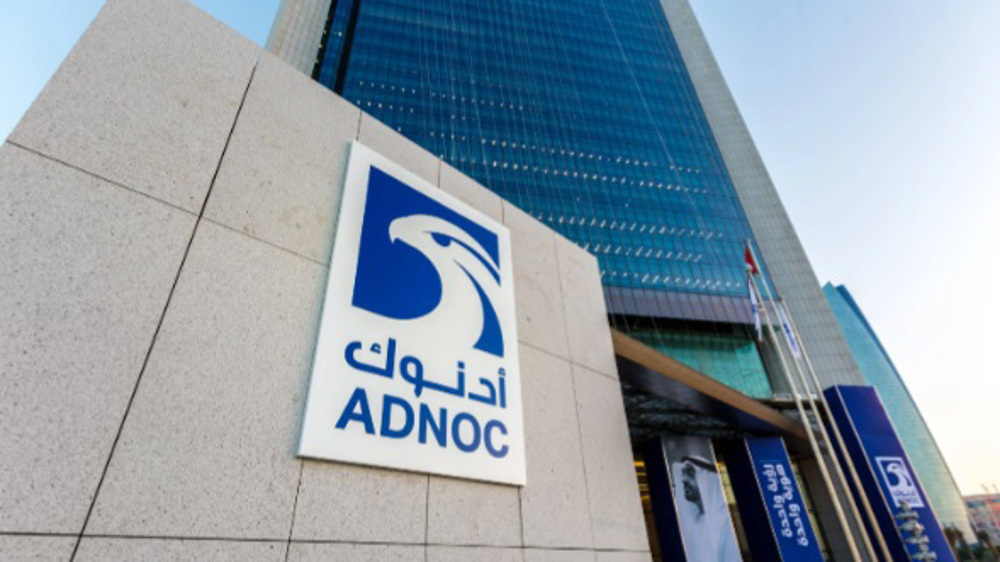
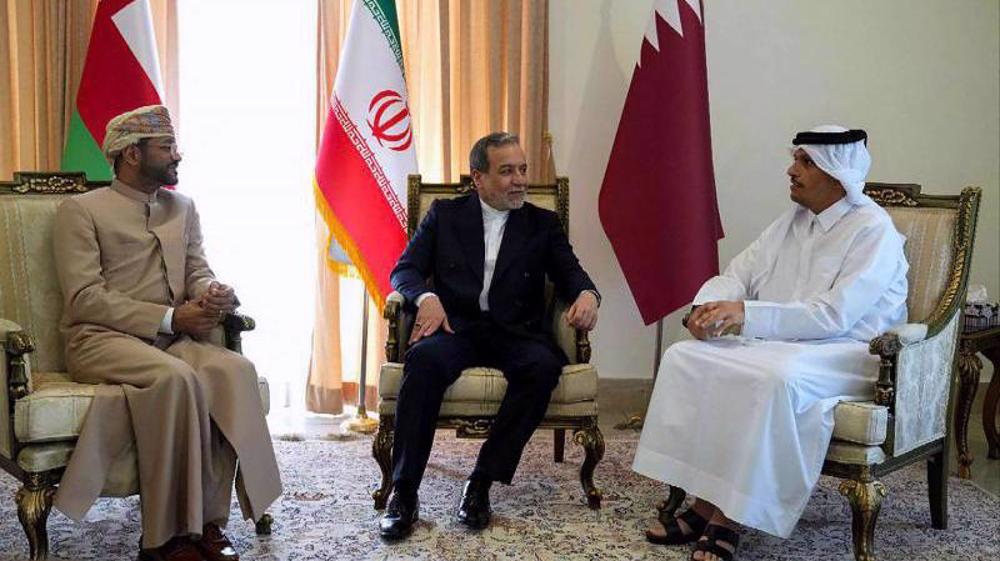



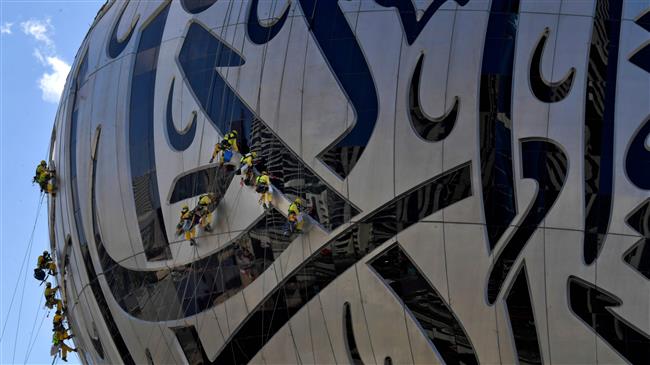


 This makes it easy to access the Press TV website
This makes it easy to access the Press TV website